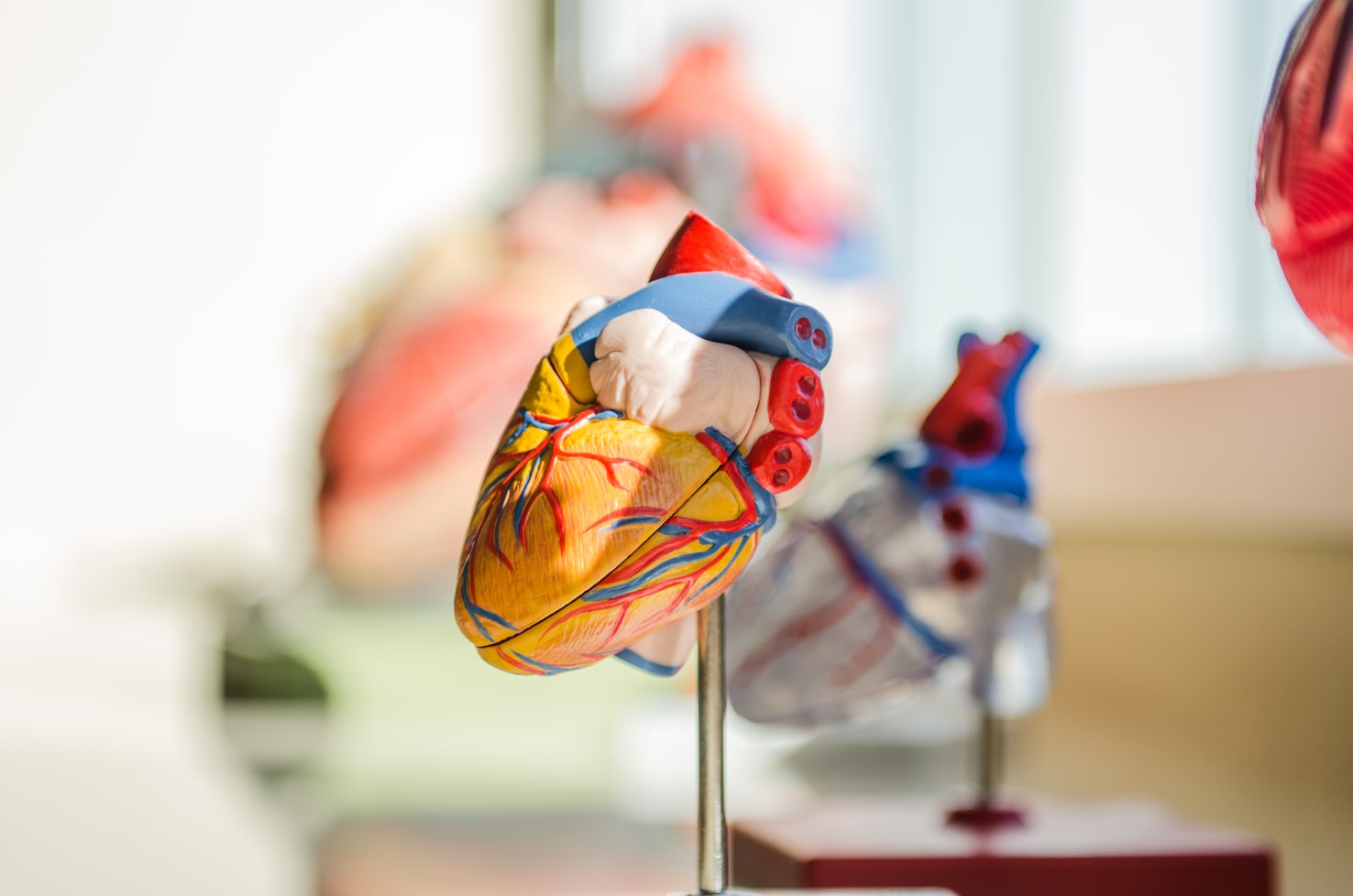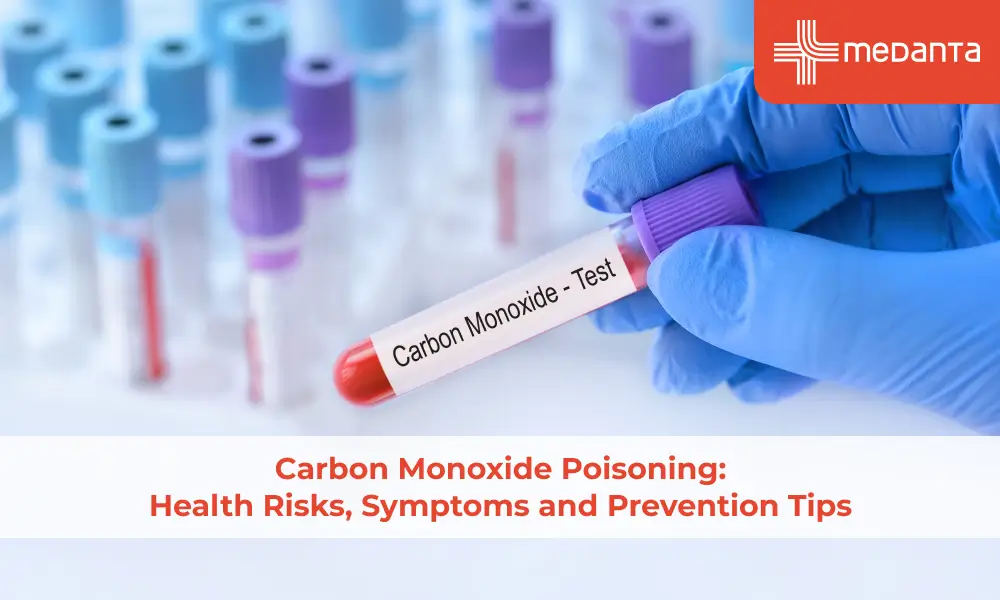Risks and Recovery related to Heart Valve Surgery

Heart valve surgery is a major surgical procedure used to treat a valvular heart disease in which one or more of the four valves present in the human heart ceases to function properly. When any of these components fails to function properly, blood circulation and the network of blood vessels that deliver oxygen throughout the body are disrupted.Hence, it is advisable to consult a cardiovascular and thoracic surgeon as soon as the initial signs and symptoms of a heart valve disease appear.
Since heart valve surgery is a serious operation with a recovery period lasting several weeks, it is critical to be well-informed about the whole process before undergoing it. Here is an overview of what heart valve surgery entails, including the procedure, recovery, and potential complications.
Why Heart Valve Surgery?
The primary goal of heart valve surgery is to cure heart valve disease. The human heart comprises four valves, namely: the mitral valve, tricuspid valve, pulmonary valve, and aortic valve. Each valve ensures that the blood flows through the heart in one direction with the help of flaps (leaflets) and cusps that open and close during each heartbeat. When any of these valves stop functioning in the intended manner, the condition is known as heart valve disease or valvular heart disease.
In most cases, patients suffer from either of these heart valve disorders:
- Stenosis: It is a condition in which a heart valve does not open properly due to the narrowing of the valves.
- Regurgitation: It occurs when the valve is unable to close completely, allowing blood to flow backward, instead of forwards into the rest of the body.
Some common signs and symptoms of heart valve diseases are:
- Weakness and dizziness
- Discomfort in chest
- Rapid weight gain
- Breathing problems
- Swelling in ankles, feet, or abdomen
- Irregular heartbeats
Causes of Heart Valve Disease
Valve problems can be present at birth or develop over time. The heart valves in a congenital valve disorder may be excessively small or too large, have malformed leaflets, or be improperly connected to the annulus. In acquired valve disease, the heart valves may develop problems due to infections, rheumatic fever, endocarditis, or degenerative diseases. Other causes of developing a heart valve disease are:
- Coronary artery disease
- Cardiomyopathy
- Hypertension
- Aortic aneurysms
- Diseases in connective tissues
- Tumours
- Excessive exposure to radiation
Heart Valve Surgery Procedure
In heart valve surgery, the heart surgeon repairs or replaces the damaged or sick heart valves. The process differs from individual to individual depending on several factors, like their age, health, and the type and severity of the ailment.
Traditional heart valve surgery begins with the patient receiving general anaesthesia. Next, an intravenous (IV) line is put into their arm with additional catheters in their neck and wrist to monitor their heart and blood pressure. During the procedure, the doctor keeps a close eye on the patient's heart rate, blood pressure, respiration, and blood oxygen level. After cleaning the surgical site, the surgeon makes an incision down the centre of the chest to divide the breastbone in half to expose the heart.
Before performing the complex surgery, tubes are inserted into the heart so that the blood can be pumped across the body using a bypass machine. Once the blood is completely diverted into the machine, a cold solution is injected into the heart from functioning. The surgeon then replaces the diseased valve with an artificial one in the case of a valve replacement. In valve repair, the procedure performed depends on the specific valve problem.
After the surgery is complete, the tubes are removed, and the blood circulating through the bypass machine is allowed back into the heart. Once the heart starts beating again, the cardiac surgeon monitors its valves to assess its functioning. The surgery usually lasts two hours but may take longer depending on the number of heart valves that need to be replaced or repaired.
Apart from traditional open-heart surgery, minimally invasive heart surgery can also be employed, wherein the incisions made are comparatively smaller, hospital stays are probably shorter, and recovery quicker.
Recovery after Heart Valve Surgery
The recovery after heart valve surgery begins at the hospital and may take several weeks. After surgery, the patient is kept under close observation in an intensive care unit (ICU) for several days. If the patient is uncomfortable or in excruciating pain, some pain-relievers may be given. They may be on IV drips to manage blood pressure and control bleeding issues. As the condition stabilises, they will be allowed to get out of bed and walk around for long periods. Hence, patients may be unable to handle solid foods for some time, and hence, their diet is also monitored.
Once discharged from the hospital, patients need to continue following the instructions of their cardiovascular and thoracic surgeons regarding daily activities and diet. If they experience fever, chills, redness, bleeding, swelling, extreme pain, or drainage around the incision site, they must inform the doctor immediately. Regular check-ups with the doctors are necessary to establish whether the recovery is progressing in the right direction.
Additionally, patients would also be required to make some lifestyle changes in order to keep their hearts functioning correctly.
Some of these lifestyle changes include:
- Eating a balanced diet
- Exercising regularly
- Managing stress
- Avoiding tobacco
Risks of Heart Valve Surgery
Although heart valve surgery is safe, there could be some possible risks associated with the surgery, such as:
- Bleeding during or after treatment
- Damage to the blood vessels
- Blood clots that may cause heart attack, lung problems, or stroke
- Infection at the incision site
- Infection in the new valve (more common with valve replacement
- Pneumonia
- Breathing difficulties
- Irregular heart rhythms (Arrhythmias), causing the need for a permanent pacemaker
- Valve failure (more common with replacement)
- Bad reaction to anaesthetics
Conclusion
At Medanta, India's leading cardiovascular and thoracic surgeons offer some of the best treatments for valvular heart disease by focusing on three aims: alleviating symptoms, preserving valves from further deterioration, and repairing or replacing valves. For more information regarding the treatment options available for heart valve diseases, visit the Heart Institute of Medanta here.






